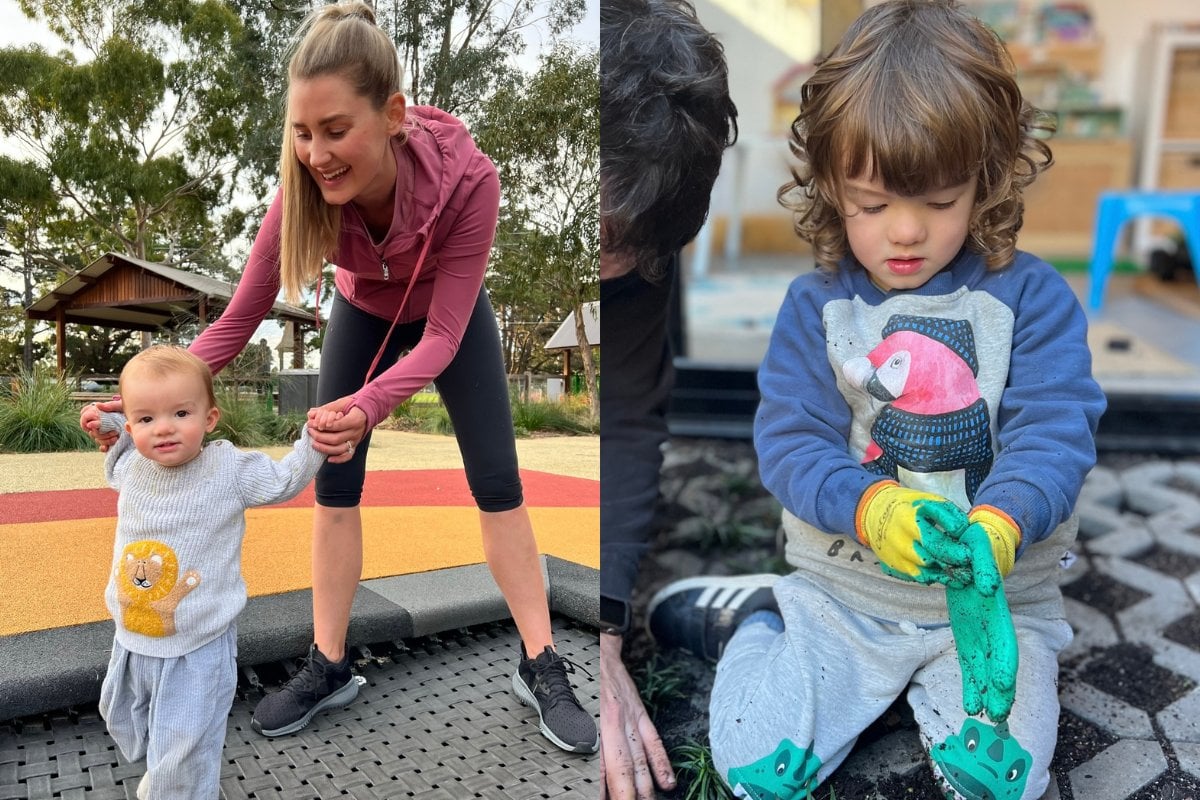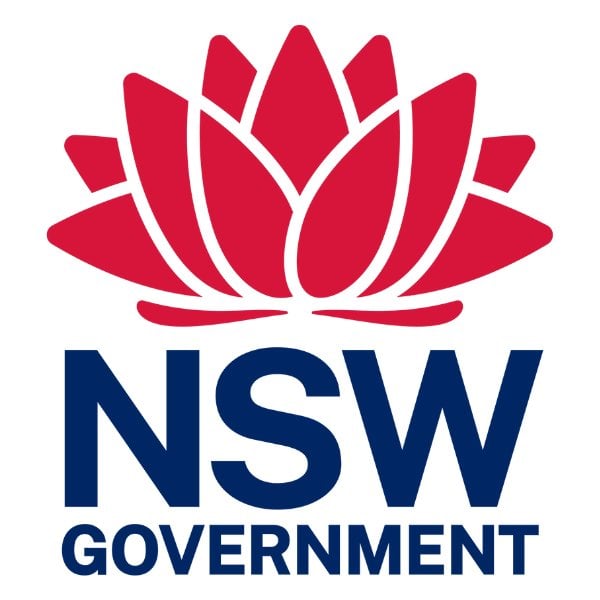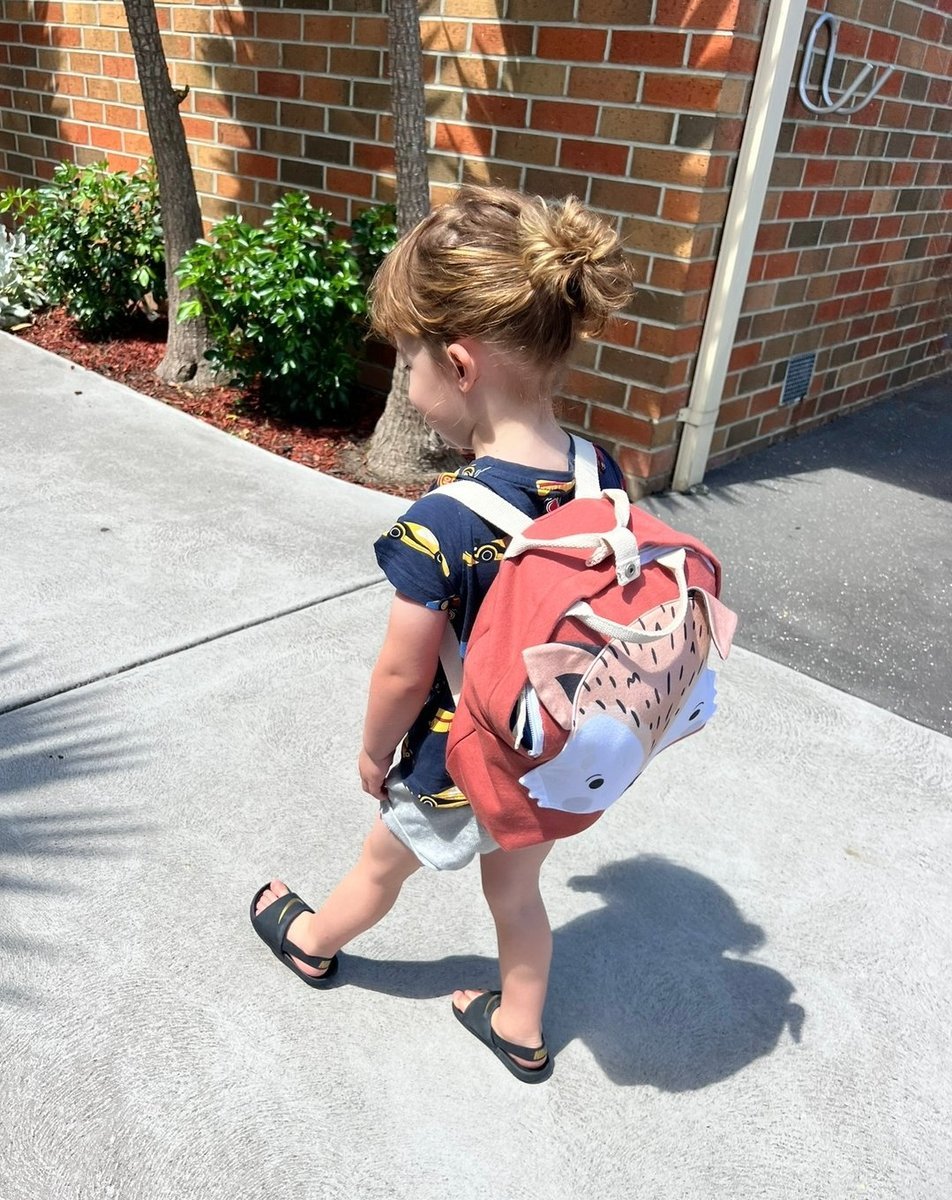

Somewhere in those hazy crazy pre-teen years, play goes from being what we pursue ahead of all else, to something trivial, silly — a thing we simply don’t have time for.
This is the magic of raising young kids. Not only do we get to play again ourselves, but we also get to watch our little ones’ minds make sense of everything around them through imaginative and creative play.
Recently, nightly baths with my three-year-old have become the setting to play out his full day at preschool. We get into the car (one end of the tub), do drop-off (complete with cuddles and kisses), and then as I get back into my car and drive to work (the other end of the tub), he acts out his day of learning and play.
I don’t think many of us realise that by the time our kiddos turn five, their marvellous little minds have ticked off 90 per cent of their development. That’s what makes it so important for parents, carers and educators to nurture their development in those precious years, so we can set them up for lifelong learning.
But don’t just take my word for it. In the most extensive longitudinal study ever conducted on the subject of early childhood education and care, Melbourne University researchers found that kids in third grade who attended early education programs were somewhere between 15 to 30 weeks ahead of their peers.
What many of us may not realise is when our kids play, they are not just having fun; they're learning through exploring the world around them. Play-based learning is game-changing for little minds, and here are three big reasons why.


